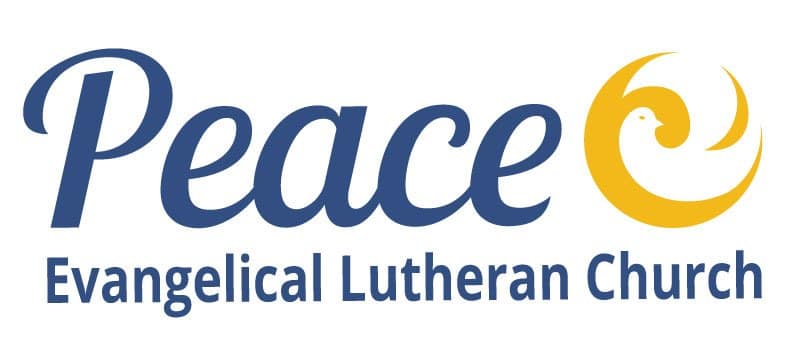Discover the power of words to transform your Advent season. Explore Mary’s Magnificat, set a meaningful Advent intention, and learn how positive, faith-filled words can shape your journey of hope and faith this Christmas.

Words are powerful. They can encourage or tear down, inspire or discourage, heal or hurt. Think about the last time someone paid you a compliment. Didn’t it feel like sunshine on a cloudy day? Now think about a time when someone snapped at you. It probably stuck with you longer than you’d like to admit. Words matter—and during Advent, they can help us reflect on hope, faith, and transformation.
The Power of Mary’s Magnificat
Mary’s Magnificat (Luke 1:46-55) is one of the most beautiful examples of how words can shape faith. When Mary visits Elizabeth, she bursts into a song of praise that’s part hymn, part prophecy.
“My soul magnifies the Lord, and my spirit rejoices in God my Savior.”
Mary’s words aren’t just pretty poetry; they’re bold declarations of hope and trust in God. She’s young, scared, and pregnant in a way that could get her ostracized or worse. And yet, she proclaims God’s greatness and envisions a world turned upside down—where the lowly are lifted up and the hungry are filled with good things. Her words transform fear into faith, uncertainty into trust. If that’s not powerful, I don’t know what is.
Words That Shape Our World
Let’s bring this closer to home. I’ve seen firsthand how words can transform lives. A while back, I encouraged someone in our congregation to consider leading a Bible study. They were hesitant at first, saying things like, “Oh, I’m not a leader,” or “What if I mess up?” But after a few affirming nudges (“I see how you light up when you talk about scripture”), they decided to give it a try. Now they’re one of the most beloved Bible study leaders we have.
It’s not just about churchy things, though. Think about how simple words can change your day:
- Your barista says, “Nice sweater!” and suddenly you’re strutting like you’re on a runway.
- A stranger holds the door and says, “Take care,” and it feels like a little moment of humanity in a chaotic world.
Words have weight. What we say—to others and to ourselves—can shape how we see the world and our place in it.
Advent Sankalpa: Setting an Intention
This Advent, I invite you to try something new: adopt an Advent sankalpa. (I know, fancy word. It’s Sanskrit for “intention” or “vow.”) The idea is simple: choose a guiding intention for the season—a phrase or commitment that focuses your heart and mind.
Here are a few examples:
- “I will speak words of kindness and hope.”
- “I will affirm the image of God in everyone I meet.”
- “I will praise God for daily blessings, even the small ones like warm socks or good coffee.”
Your sankalpa can be as simple or specific as you want. Write it down. Stick it on your fridge. Whisper it to yourself when the day gets hectic. Let it be a reminder of how your words can transform not only your Advent season but also the lives of those around you.
Putting It into Practice
Want to get started? Here are a few easy ways to use your words this week:
- Start each day with your sankalpa. Say it out loud or write it in your journal. (Bonus: Say it while brushing your teeth. Multitasking!)
- Send an encouraging message. Text a friend something uplifting, like, “Thinking of you today” or “You’re doing great.” It’ll make their day.
- Reflect on the Magnificat. Take a few minutes to read Mary’s song in Luke 1:46-55. What phrases stand out to you? How can her words inspire your own?
- Flip the script on negativity. When someone complains about the weather (because, let’s face it, it’s December), counter with something positive: “True, but at least we’re one day closer to Christmas cookies!”
Words That Transform Us
Advent is a season of transformation. It’s when we prepare our hearts for the Word made flesh, Jesus Christ. And just as God’s Word brought light into the darkness, our words can reflect that light in the world.
This week, be intentional about what we say. Speak hope. Speak kindness. Speak faith. And watch how those words transform your Advent journey—and maybe even the world around you.
You’ve got this. And remember you are loved, you are enough, and you are called to speak life into the world. Now go spread some joy—and maybe compliment someone’s sweater while you’re at it.







